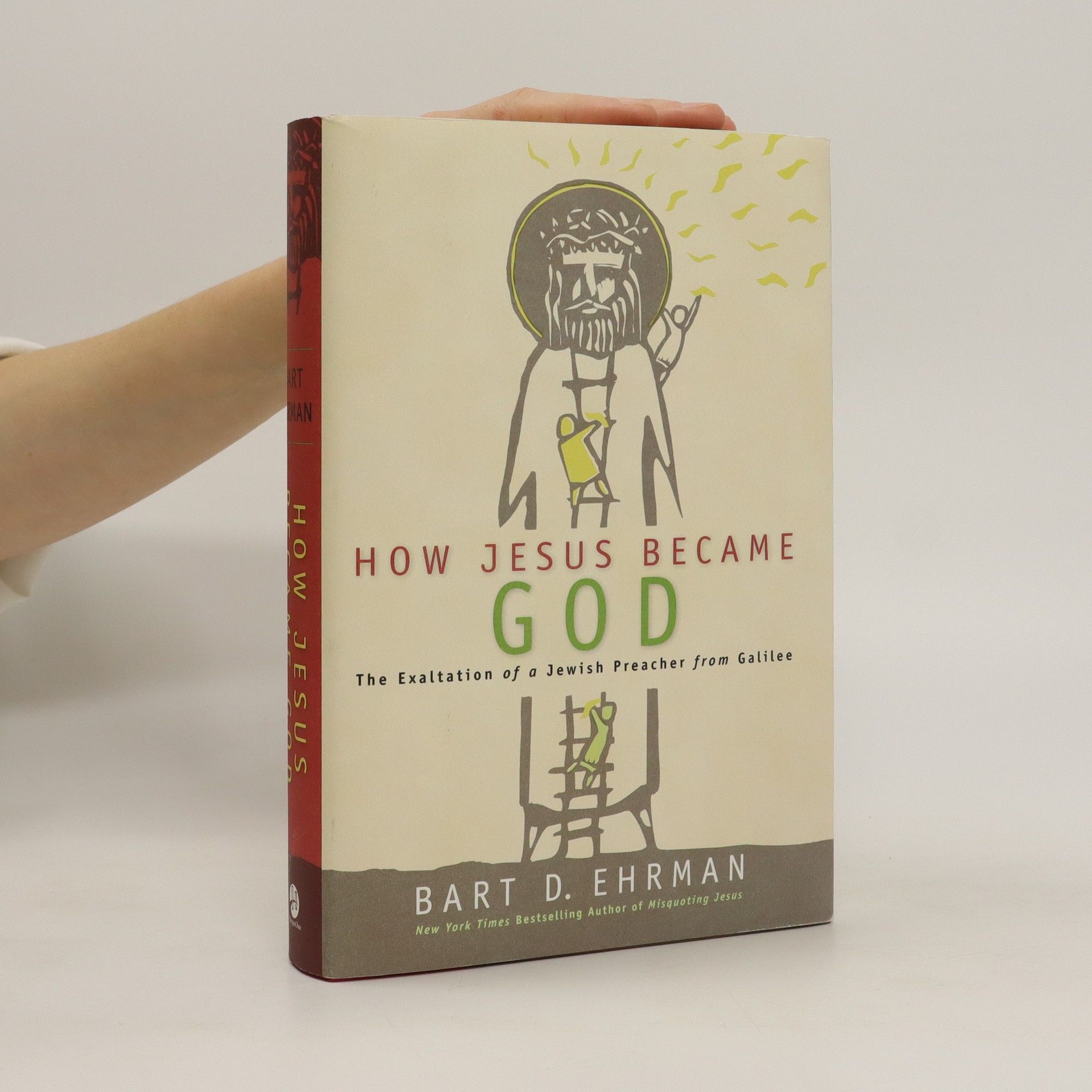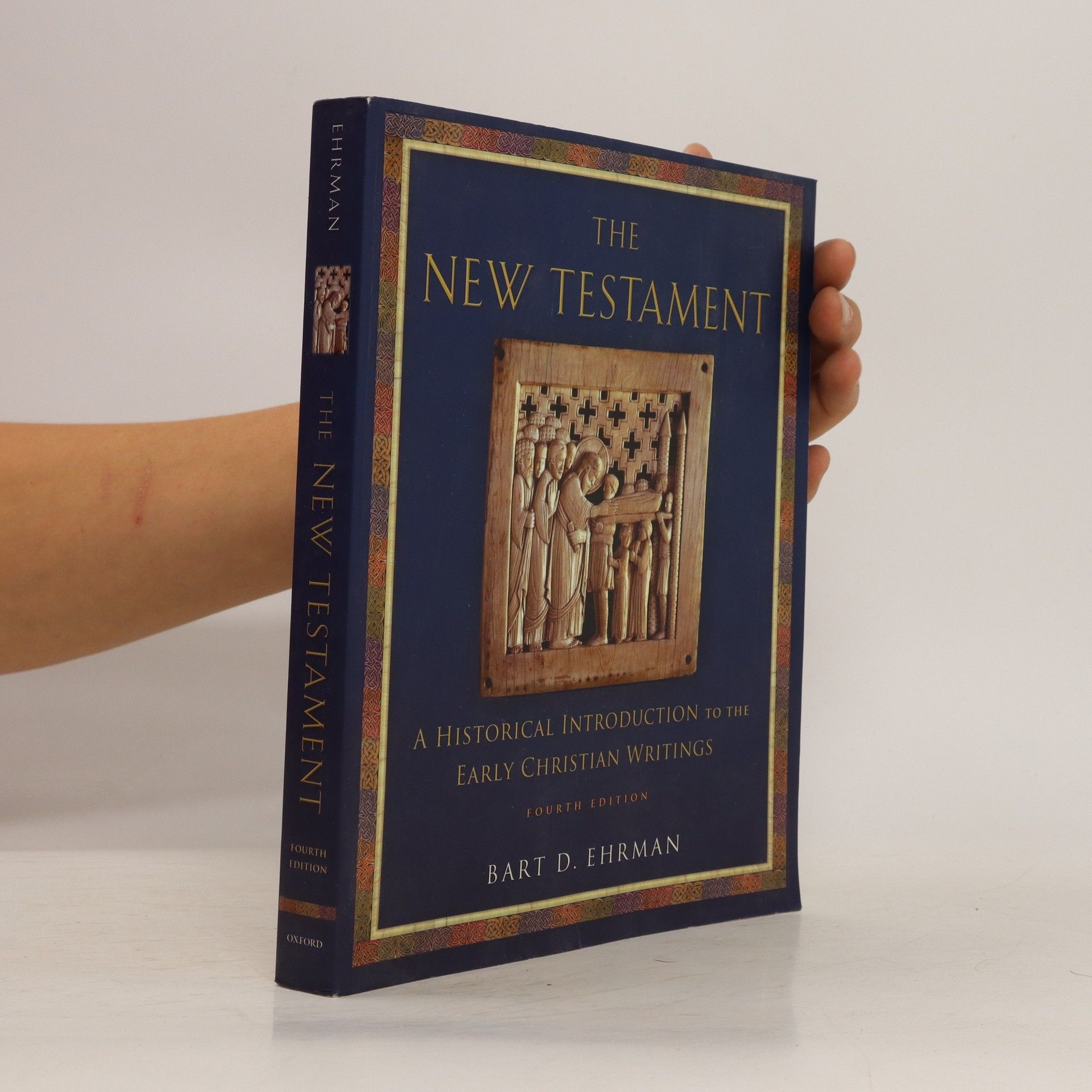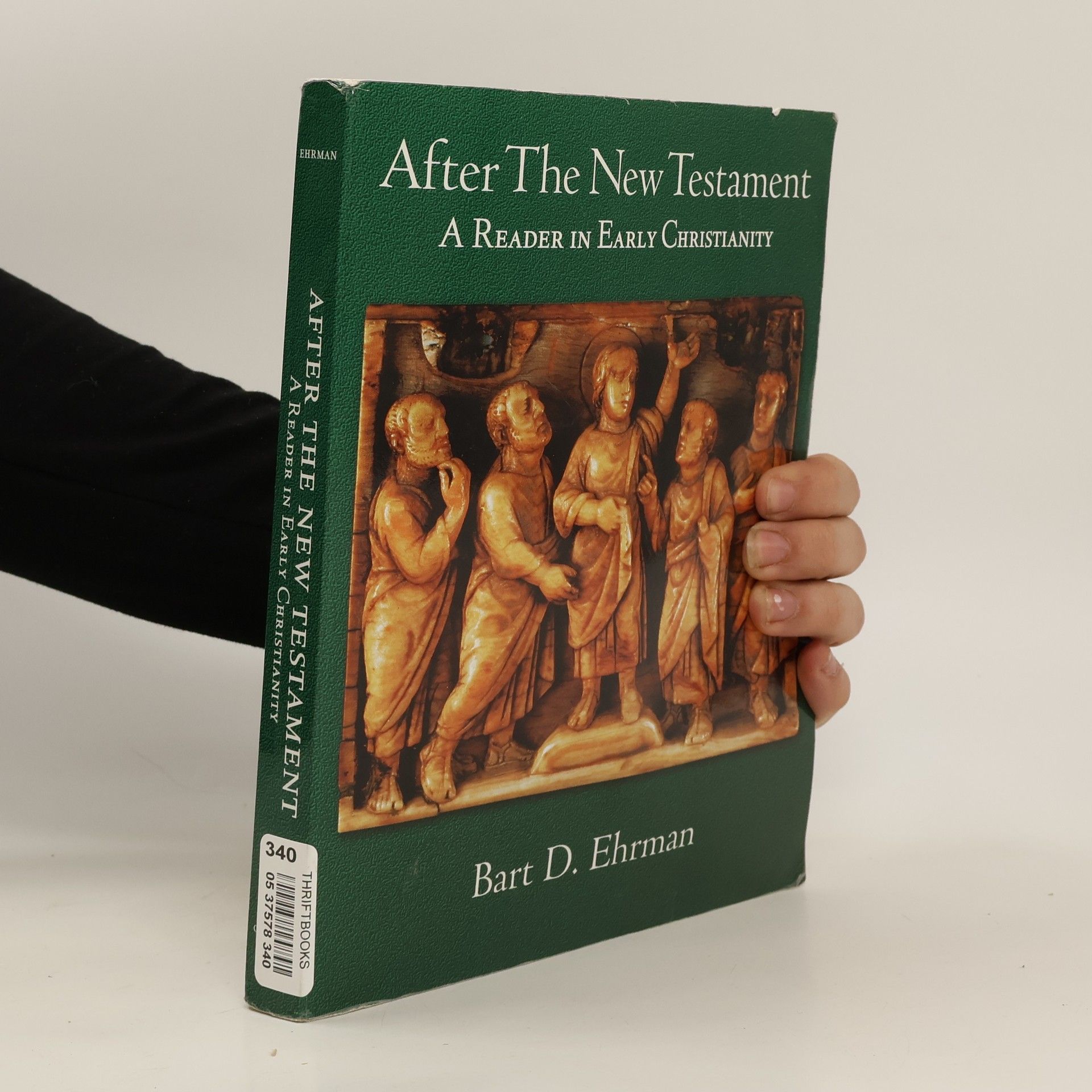La verità sul Codice da Vinci
Un grande storico svela tutti i segreti del libro che ha affascinato il mondo
- 193pagine
- 7 ore di lettura
Qual è la vera natura del Graal, il mistero più antico e affascinante della storia dell'umanità? E ancora, Gesù Cristo era sposato con Maria Maddalena? La Chiesa ha davvero tenuto nascosti i vangeli che svelavano il loro matrimonio segreto e la loro discendenza? Cosa rivelano i vangeli gnostici e i celebri rotoli del Mar Morto? Insomma, cosa c'è di vero, e cosa di inventato nella trama dello sconcertante e fortunatissimo Codice da Vinci e nelle sue sconvolgenti rivelazioni storiche che, se confermate, cambierebbero in modo radicale il nostro rapporto con la religione cristiana? Per capirlo serve un esperto: come il professor Ehrman, tra i più autorevoli studiosi delle origini del cristianesimo. In questo saggio rigoroso e avvincente fa finalmente chiarezza sui molti punti controversi, separa i fatti storici dalla creazione letteraria, e fornisce a tutti i lettori di Dan Brown (e a tutti gli appassionati di enigmi storici) la chiave per decodificare i segreti di uno dei libri più avvincenti mai scritti.










